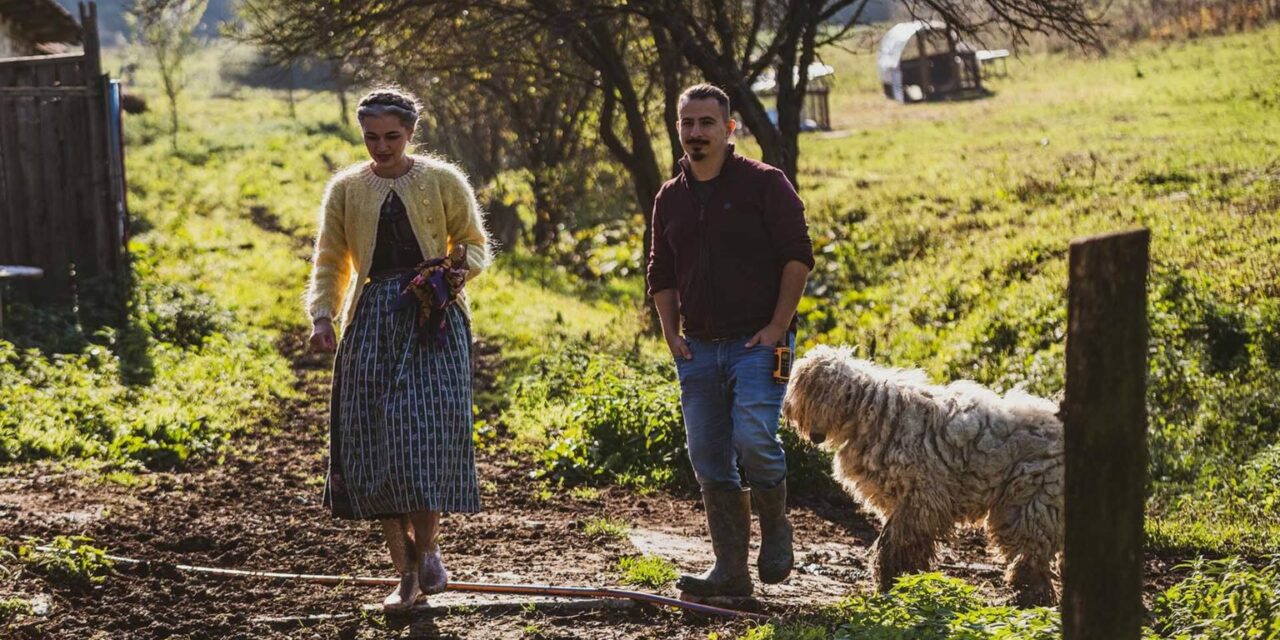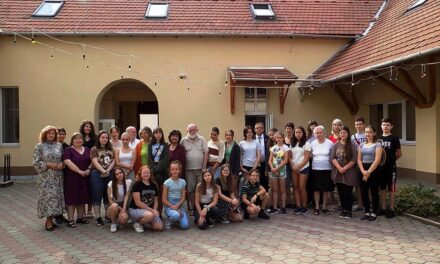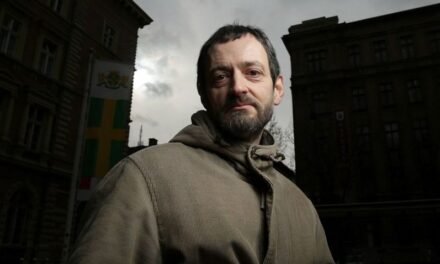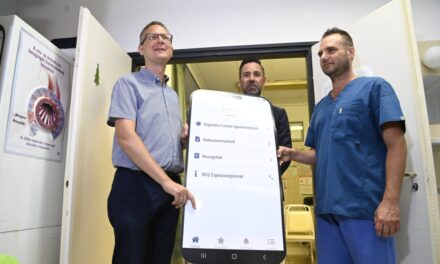Now you might be saying “these are not normal” but believe me, they are totally fine. Still, the question arises, why does a computer scientist and a fashion designer seamstress decide to choose the countryside instead of a comfortable city life and move to a farm?
Remény Farm - this is the name of Anna Szép and Dávid Goldmann's 40-hectare estate near Eger, where they moved in 2019. From spring to autumn, their day begins in the dark: by the time the sun rises, the free-range laying hens have been released and taken care of, then the cattle and chickens. Only then can breakfast come, which is followed by collecting the hundreds of eggs (twice a day), then feeding the animals again, and many other tasks that leave only five or six hours for sleep.
"We want to do away with the pessimistic view that human presence in the environment is necessarily bad."
They say that it is in our common interest that all economies move in a similar direction in the future. Striving to satisfy human needs, to be a good steward of the soil, to improve water management, to continuously increase biodiversity and to provide living space for as many living creatures as possible.
It was created by two enterprising young people in the middle of nowhere: will this farm save Hungarian agriculture?
The story of Remény Farm in Bekölc began in the spring of 2019, after a 40-hectare area that had been empty for 10 years came to life overnight by two young people. At first, the most basic conditions for housing were missing (for example, drinking water and electricity were not connected), but after some thought, the two enterprising young people decided to move and embark on the realization of their plans.
Now you might be saying "these aren't normal", but believe me, they're perfectly fine - and part of the story is that they didn't start life in the countryside with zero experience.
Anna and Dávid ran a self-sufficient family farm for 5 years, where in addition to their own household, they also supplied their relatives with high-quality, self-produced food ingredients.
For a while they felt comfortable in the role, but there came a point when they had to admit two things. One is that self-sufficiency is a tough nut to crack, the other is that it is also quite selfish because it does not add value to society.
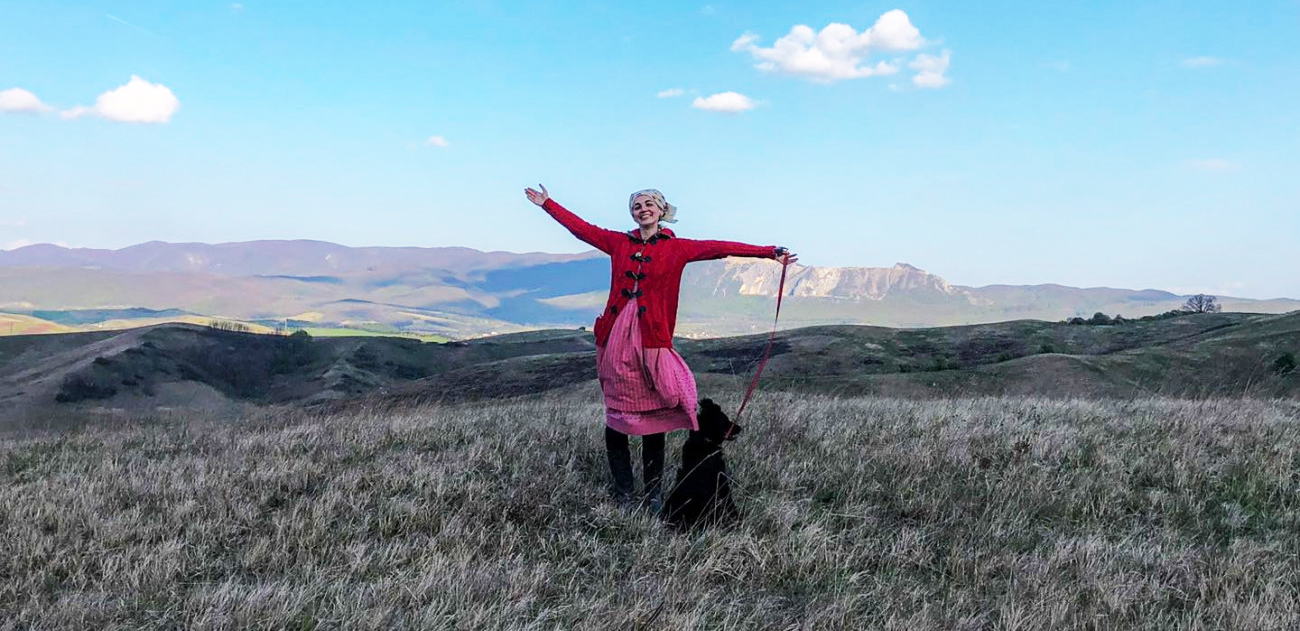
Source: remenyfarm.hu
The latter thought spurred them to start their own farm, where they raise animals and plants without chemicals, antibiotics and feed turbocharged with additives, which they make available not only to their family members.
Since 2019, they have been living in balance, because they spend their days doing activities that are good for the Earth, society, animals and, last but not least, make them happy.
However, they do not stop there: they want to achieve that more and more people follow their example, so that the number of profitable, sustainable mini-farms in Hungary and Europe that follow the principles of the climate farm increases.
Their mission is to help the health of people and the Earth with clean, climate-conscious food.
They say no to chemical foods, city life, stress, and the farm was built from scratch.
They dreamed of a sustainable model where they can produce clean food for themselves, their friends and their customers.
They aimed to promote the lifestyle
They use agricultural systems that are based on natural ecological processes. They create a home for the animals living on the farm, where they have enough living space, access to clean food and sunlight.
They protect the soil with every step they take, they strive to sequester as much carbon as possible from the atmosphere (because soil destruction is one of the most powerful drivers of climate change). All this means that the food grown and produced on their farm is additive-free, antibiotic-free, pesticide-free and chemical-free.
They say that
"this is good for us because we go to bed every day with the good feeling that we live with the smallest possible ecological footprint on the Earth, we don't eviscerate animals and the soil."

